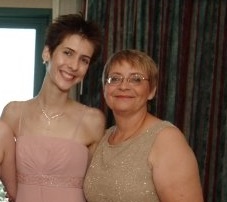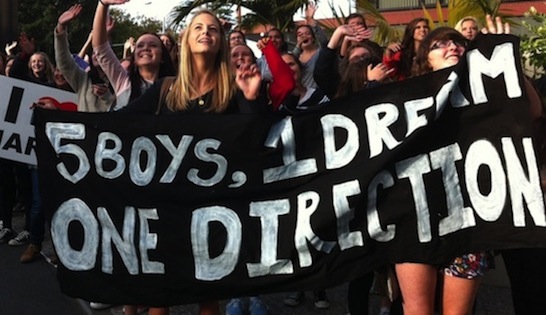
Remember when Hannah Horvath’s manuscript was rejected because no one cares about female friendship? Her editor told her that she should instead write a book called A Year on My Back featuring tales of bad sex with college kids. So that’s exactly what came to mind when I saw that Periel Aschenbrand had published a book called On My Knees. It’s pretty much the same title. And then Salon published a chapter of the book wherein the buxom young memoirist talks about wanting to screw that legendary bag of douche known as Phillip Roth. And, I was like, yay male fantasy? Now, I’m very pro-sex. In fact, I’m pro-promiscuous sex. So I’m completely in favor of women writing about their sexual adventures with as much detail and aplomb as generations of literary manwhores. But when I look at a shelf of recent female memoirs and every single one is about either sex, eating, or walking, I can’t help but wonder if women are allowed to write about anything that’s not a basic bodily function.
But then I actually read Aschenbrand’s book—in about two hours because it’s REALLY short—and I realized that it’s not just about sex. In fact, there’s almost no actual sex in this book—unless you count her unfortunate encounter with a hairy Canadian who ejaculates on her couch (i.e., the worst type of Canadian). The book’s title isn’t even a BJ reference. It’s the universe that brings her to her knees after she endures a particularly rough breakup. So this isn’t a tale of lusty conquest so much as an account of one woman getting her shit together—with the help of her emotionally-scarred friend and her pushy mother. Point being, this is basically a book about female relationships marketed as Tropic of Cancer. Point being, publishing is the worst. Continue reading “Let’s Not Just Talk About Sex”









